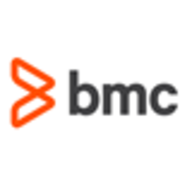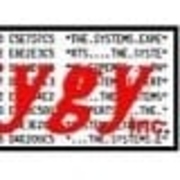

Find out in this report how the two Cloud Data Integration solutions compare in terms of features, pricing, service and support, easy of deployment, and ROI.

| Company Size | Count |
|---|---|
| Small Business | 6 |
| Large Enterprise | 16 |
| Company Size | Count |
|---|---|
| Small Business | 2 |
| Midsize Enterprise | 1 |
| Large Enterprise | 4 |
BMC AMI DevX is a comprehensive solution enhancing code management and testing efficiency. It offers debugging capabilities within financial applications and integrates data management seamlessly, serving major banking sectors with reliable performance.
AMI DevX is tailored for banking industries, optimizing application debugging in COBOL and enhancing data handling in robust financial systems. It simplifies mainframe data management with real-time insights, improving efficiency through editing and cloning functionalities. The tool's integration with Compuware File-AID for IMS and DB2 ensures streamlined development processes. Challenges include a steep DB2 learning curve and initial setup complexities, with technical support inconsistencies and steep pricing impacting affordability. Despite this, its valuable features significantly support large banking operations.
What features make BMC AMI DevX valuable?In large banking sectors, BMC AMI DevX is integral for grants and loans-related applications. Its robust nature supports financial systems, offering debugging for COBOL, updating data in Compuware File-AID for IMS, and integrating DB2. Users implement this for exceptional data management and application reliability.
Equalum is a fully-managed, end-to-end data integration and real-time data streaming platform, powered by industry-leading change data capture (CDC) tech and modern data transformation capabilities (streaming ETL and ELT). Equalum's enterprise-grade platform features intuitive UI allowing you to build robust, real-time data pipelines in minutes.
We monitor all Cloud Data Integration reviews to prevent fraudulent reviews and keep review quality high. We do not post reviews by company employees or direct competitors. We validate each review for authenticity via cross-reference with LinkedIn, and personal follow-up with the reviewer when necessary.